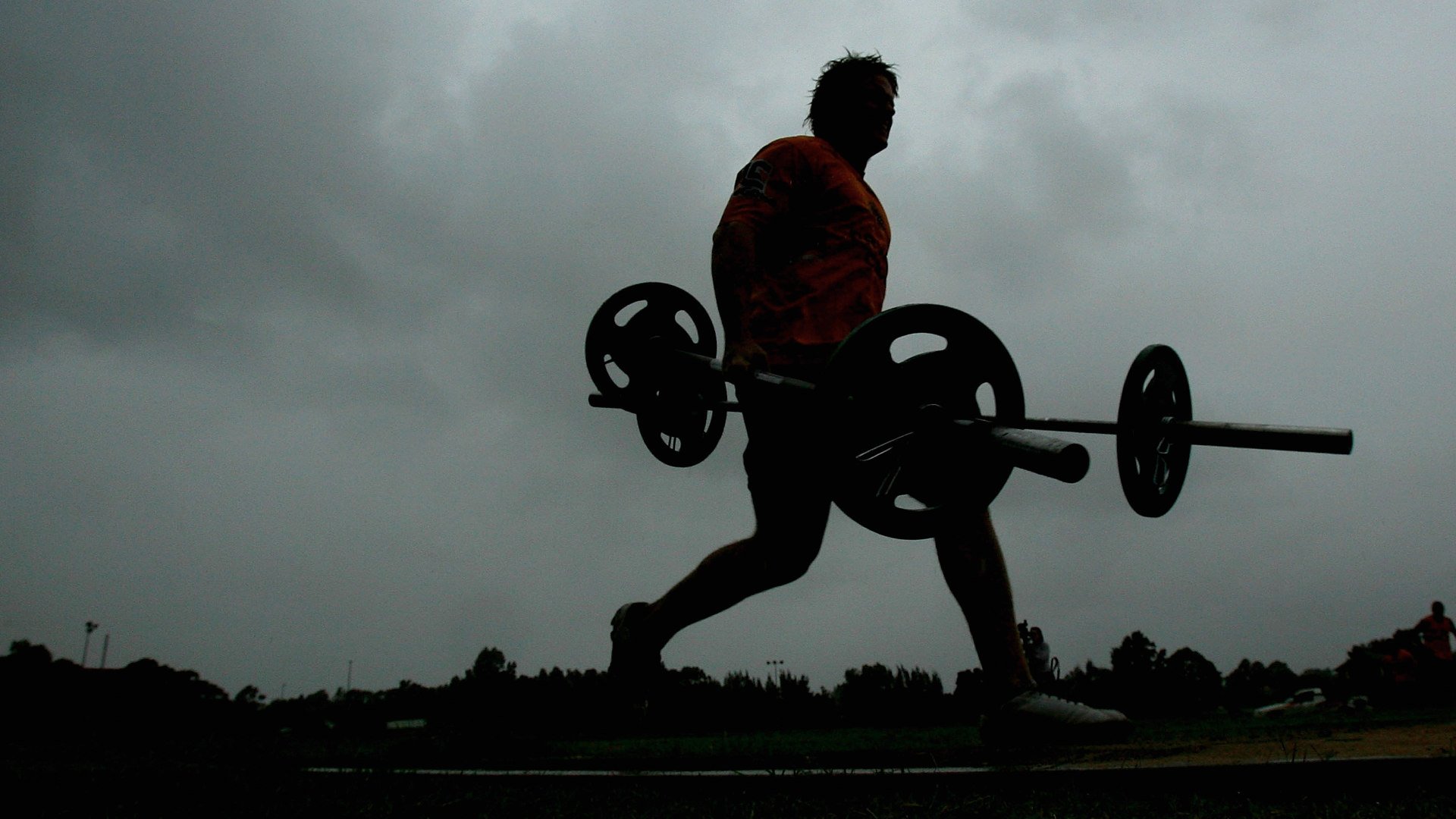'There are more freak athletes in rugby than ever before...it's exciting' - how rugby is leading sports science revolution
Rugby Union is now leading the world when he comes to utilising sports science – that’s according to Kevin McLaughlin of industry innovators Kitman Labs.
RugbyPass caught up with the former Leinster and Ireland backrow at Kitman Labs this week, where he talked about the advances sports science has made, his career and injuries at Leinster and what it’s been like watching Ireland and Leinster dominate the Northern Hemisphere this season.
Kitman Labs has been a major success story. With bases in Dublin and Palo Alto in California, the company have fast become one of the sports science industry’s leading lights.
Many of the biggest names in rugby union are now relying on their expertise: IRFU, SARU, the Hurricanes, Bath Rugby, Union Bordeaux Begles, the Sharks and Toyota Verblitz among others.
They now boast clients across a range of elite sports on five continents. Outside of rugby union their clients have included such luminary organisations as the Buffalo Bills, the UFC, Cleveland Browns, Everton, Celtic, Rangers, LA Galaxy, NY Yankees and not least the AFL and NRL in Australia.
Their purpose as an organisation? Reducing injuries and maximising performances, and their results have been stark: a North American football team and client reduced their injury rate by 70 percent while an NFL franchise’s injuries dropped by a massive 50 percent last year – also using Kitman Labs data.
The Dubliner retired from professional rugby in 2015 at the age of thirty – due to concussion – but struggled throughout his career with injuries.
McLaughlin, who had just returned from giving a talk to two Bundesliga sides in Germany, told RugbyPass: “Over a ten-year spell at Leinster I probably spent close to five years on the sideline. I had multiple operations…a lot of teething problems as I was coming into my career, and my career was really delayed due to injury.”
McLaughlin believes recognising that players are individuals is key to understanding sports science data.
“Myself and Jamies Heaslip played in the backrow together for five or six years, and he and I would have done similar stats in some games. We would have both have made 12 tackles, 15 carries, hit a load of rucks, been involved in roughly the same number of mauls, all that kind of stuff, so typically you would say me and him come into training on Monday and we both react the same.
“We couldn’t have been more different. I was someone who dealt with a lot of doms, and pain and needed time to recover from fatigue from the game, a slightly slower recovery mechanism, whereas Jamie would bounce into training on a Monday. For me to do the same programme as him on a Monday made no sense.”
Increasingly in modern rugby, not unlike the NFL, a lot of weight is put into athletic performance off the pitch, be it speed and power metrics or weights lifted in the gym. McLaughlin points out that some of the game’s best players are guys who don’t lift huge weights and don’t always train well.
“You’ve still got guys like Sean O’Brien who looks like an absolute beast when he’s out on the pitch. He’d be the first person to admit that in the gym he’s probably in the bottom 20 to 30 percent when it comes to backrowers. That does not come across when he’s on the field.”
He cites both Scott Fardy and Rocky Elsom as two players who fit a similar mould, players who play much better than they train.
“That’s what makes rugby such an amazing sport. It’s what you do on the field. It’s your mental toughness. It’s your smarts in pressure situations that really make you the player you are.
“What we try to do is add on a layer of objectivity, so the data can actually be used to make the best possible decisions for the athletes.”
Teams that use a sports science system like Kitman Labs have the benefit of concise data, and extracting meaningful data is fundamental to the system.
“There is so much data on guys that the coaches are aware of the data they need. But from a player’s point of view, I would say to my younger self ‘Be more proactive. Take criticism. Get feedback and use it in a positive manner.”
McLaughlin says the next step in player data is identifying the best selection based off what opposition lie in front of your, an area Premiership football teams are starting to look at.
“So what are the profiles of the players going to look like to allow them to win a game like that and how do they need to train the athletes that week in the lead up to that game in order to optimise performance around specific KPI (Key Performance Indicators) that will allow them to beat that opposition.”
That will evitably lead to statistically targeting teams and players within teams with players best suited to getting a result.
“That’s the direction we’re going down. So they can not only prepare their athletes for what they already know are their KPIs but also exposing weaknesses of the opposition they’re playing against.”
It’s a brave new world, but one in which rugby is – in fact – leading the way.
“Sports science in the US, for some of the big franchises, is just not that important. Teams like Leinster and Ireland are at the cutting edge of what they do, and they get the most out of their athletes. They try to apply a scientific approach to back up the gut of a Lancaster or a Leo Cullen,” says McLaughlin. “It allows the Irish teams to punch above their weight.”


























































